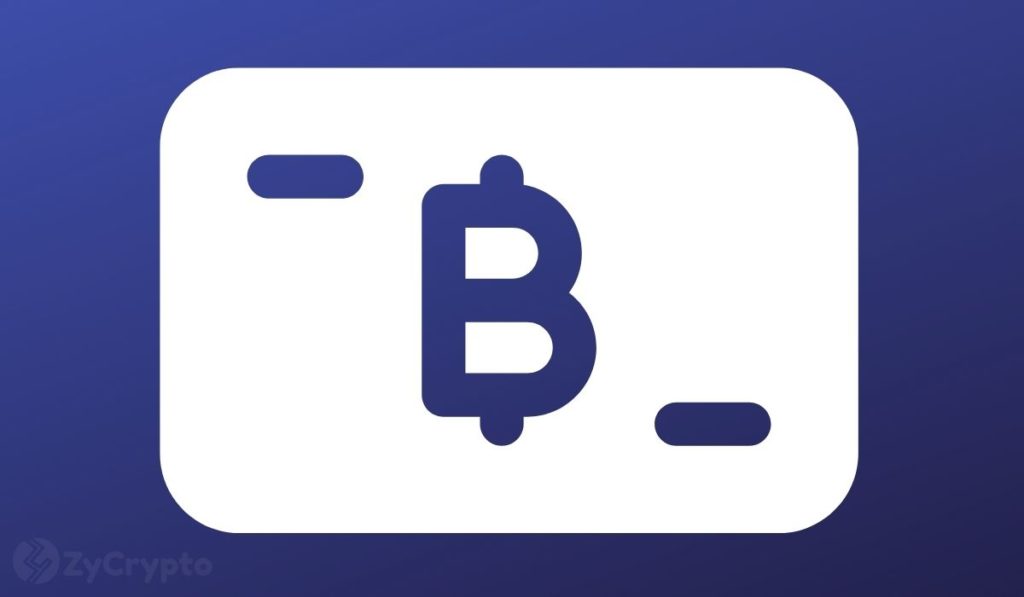El Salvador’s Impact Hits Tonga As Parliament Member Wants Bitcoin Accepted As Legal Tender

El Salvador’s adoption of Bitcoin as legal tender has sparked a fire that has now also reached the small island nation of Tonga. Similar to El Salvador, in the Kingdom of Tonga, as it is officially known, a member of the parliament has revealed plans to propose a bill that will make Bitcoin legal tender.
MP Lord Fusitu’a, a barrister, hereditary Tongan landowner, and Bitcoin advocate, says he will propose a bill for Tonga to adopt Bitcoin as legal tender alongside the country’s currency – pa‘anga – at the next state opening of parliament in May 2022.
The Polynesian kingdom shares some similarities with the Central American country. Colin Wu, a Chinese cryptocurrency-focused journalist, points this out by noting that 40% of the kingdom’s GDP comes from remittances from Tongans in diaspora and so would benefit in saving fees that would otherwise go to remittance handlers by using the much cheaper Bitcoin network.
This is also the MP’s motivation for his plans. He told Financial Review that his country is the “highest remittance-dependent country on earth,” with nearly half the economy funded by money sent back from the country’s diaspora of 250,000 to 300,000 overseas workers.
“To get those remittances to Tonga, Western Union takes a 30 percent bite out of them, on average. It can be 50 percent. In El Salvador, it’s closer to 50 percent. So, our GDP in 2020 was $US510 million, 40 percent of that is just over $US200 million so 30 percent of that or $US60 million in fees alone to Western Union.” Fusitu’a says.
While the plans are just being incubated, in the first stage of its execution, Fusitu’a hopes to make Bitcoin available through the Lightning Network using the Strike digital wallet to show doubters the benefits, especially as the integration would not require an act of parliament or endorsement by the National Reserve Bank of Tonga.
The National Reserve Bank of Tonga currently holds “sole legal responsibility” for the issuance of currency. However, the MP hopes to change that by convincing a parliamentary majority equal to at least 14 of the Tongan legislative assembly’s 26 members to vote for his proposal come 2022.
For some observers, Tonga, which has a population of around 105,700 people, and other Pacific island countries are a perfect fit for experimenting with cryptocurrency as many believe the underlying blockchain technology holds the key to accelerating development in the region. One such experiment is currently even being conducted on the islands by Oxfam as reported by ABC News. Oxfam’s blockchain project has registered around 35,000 people in the Pacific region and has given more than $2 million to participants who have been the funds to make everyday purchases using the Ethereum blockchain.